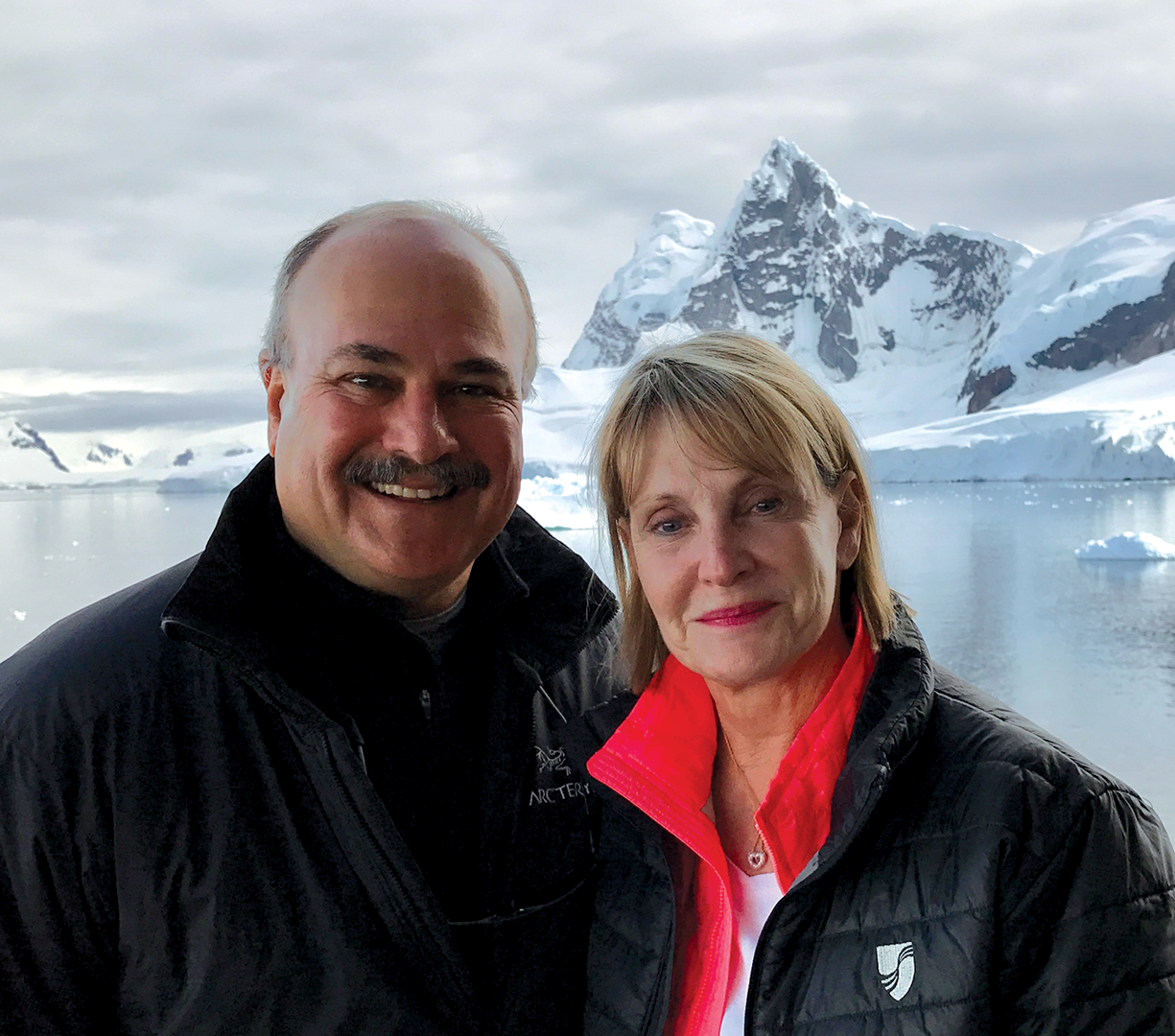In RFF’s Supporter Spotlight, we hear directly from donors—like Clinton A. Vince of Dentons multinational law firm—about how their financial support makes a difference and why they get behind Resources for the Future.
Resources magazine recently spoke with Clint Vince, chair of the US Energy Practice at the global law firm Dentons and co-chair of its Global Transportation and Infrastructure Sector for the US Region. A longtime supporter of Resources for the Future (RFF), Clint was among the founding members of the RFF President’s Council when it launched in 2018. Below are excerpts from the recent conversation, which touched on clean energy technology, court cases, ocean sailing, and more.
Resources: How did you start working in the field of energy and the environment? And what interests you about these issues?
Clint Vince: I fell into the energy and environmental field totally by accident. I was a student at Georgetown Law School, looking for a way to earn some money, and I clerked with a firm that happened to work on these issues. I wanted to become a trial lawyer. After I graduated, I joined the firm full-time when they offered to make me the head of their litigation department. I later went to Dentons and founded their energy and environmental practice, so I’ve been steeped in this area of the law my whole career.

Clint Vince and his wife, Sandi Vince, in front of a sunset.
The subject of oceans is very near and dear to my heart. I was on an ocean racing team with sailboats for several decades, and I still sail—it’s in my DNA. I care a lot about oceans, and I’ve seen their deterioration. The more work that can be done there, the better.
What do you most appreciate about RFF?
I consider the people at RFF to be honest truth-tellers, and that type of dependable, nonpartisan research is more valuable now than ever. There’s so much misinformation out there. I love reading RFF reports on everything about climate and transportation decarbonization, especially on heavy-duty vehicles. I also think RFF’s work on critical minerals has been strong. The economic analysis that RFF contributes is unparalleled. I can’t think of anyone that tackles economic analysis with the rigor that RFF does.
Because RFF is nonpartisan, it doesn’t choose technologies, and it doesn’t choose winners or losers. Technology changes often, and something that’s popular this year might morph into something completely different in a few years. What RFF does is provide economic analysis of different technologies and their applications, and I think that’s incredibly helpful.

Clint Vince and his family.
How would you describe the value of RFF’s research and analysis within the climate-policy landscape, and from your perspective as a legal expert?
My observation is that members of Congress, congressional committees and staff, executive agencies, state governments, and even municipal and county officials really value the work that RFF is doing and feel that they can depend on it. RFF is often asked by policymaking organizations to research, analyze, or write about certain issues. I think the work that RFF produces is so consistently rigorous and reliable that it’s well accepted.

Clint Vince and his wife, Sandi Vince, in front of the US Capitol building.
In terms of RFF’s value to my own work, I have a broad-based practice. I argue cases before state courts, federal courts, and the US Supreme Court, and I also do advocacy in Congress, with government agencies, and at the state level. It’s helpful to have RFF’s data so that I can advance my own position or argument. I expect RFF to be quoted in even more legal decisions in the future.
Finally, what do you think sets RFF apart from other organizations?
There are a lot of organizations that are conveners, but what stands out to me about RFF is that it produces economic analysis at the highest possible level. RFF truly is an economic analytical force in the world of think tanks today. It’s not an advocacy organization—it’s an honest broker doing careful work. I saw recently that RFF is rated as the number one think tank for energy economics, which doesn’t surprise me. I’ve always thought of RFF as the gold standard for economic analysis.


Four Ways You Can Support RFF
- Give through our website: Visit www.rff.org/donate to make a one-time donation, or to set up a monthly recurring donation.
- Give through the mail: Send your check to Resources for the Future | 1616 P Street NW, Suite 600 | Washington, DC 2003
- Give through a donor-advised fund: Donate through a DAF account at a community foundation or financial institution to support RFF while receiving favorable tax benefits.
- Give through a will, trust, or gift plan: Include RFF in your estate plans to provide meaningful, long-lasting support.
Discover other ways to give at www.rff.org/donate/ways-giving or contact Ryan Sabot at [email protected]






